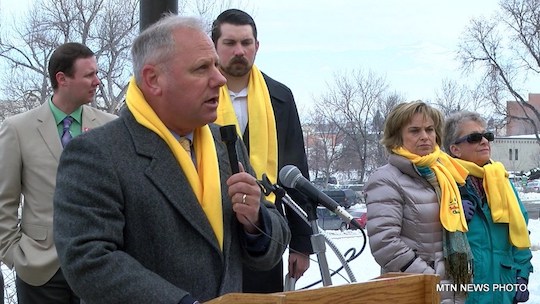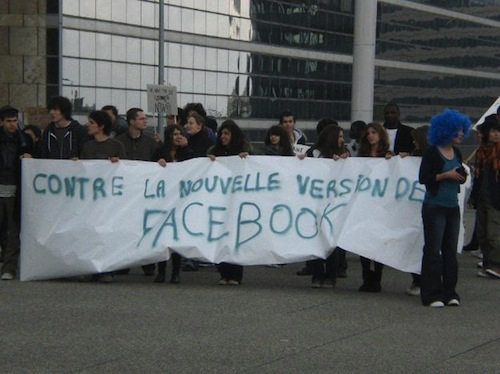The Montana Family Foundation is a research and education organization dedicated to supporting, protecting, and strengthening Montana families. It is definitely not a moneymaking scheme for Jeff Lazsloffy and his children. Its donors are not public, although in past years more than half the foundation’s income has come from Greg Gianforte. But his investment has been amply repaid in research and education, for example a bill before the state legislature that would have required Montanans to use locker rooms and restrooms that correspond to the genders on their birth certificates. Legislators rejected that, noting that a similar bill costs North Carolina billions of dollars earlier this year. So the Montana Family Foundation took its cause to the people, repackaging the Orewellian-named Locker Room Privacy Act as ballot initiative I-183.
Last week, the Montana Supreme Court ruled that the description Attorney General Tim Fox had written for I-183 was not sufficient. In addition to its potentially inaccurate fiscal note, the court took exception to this paragraph:
I-183 requires government entities to designate a protected facility in a government building or public school for use only by members of one sex, and prohibits persons from using a protected facility other than the facility that is designated for that person’s sex.
You will note that the word “transgender” does not appear. Neither does an explanation of what the word “sex” means. A lot of people would say that a trans a woman is of the sex “woman,” but that’s not what I-183 says. I-183 specifies that a person’s sex shall be determined by their birth certificate.
That would create a lot of problems for transgender Montanans, which is exactly what I-183 is designed to do. Yet the Montana Family Foundation never, ever mentions the word “transgender” in its communications on this issue. Instead, it offers jaunty statements like this one regarding the defunct Locker Room Privacy Act: “This bill was just common sense! Women shouldn’t have to shower in front of men, and vice versa.”
“Common sense” is a thing politicians say when they don’t want you to think about what they just said. The Montana Family Foundation keeps talking about I-183 as though it were designed to address the problem of high school boys gaining entry to the girls’ locker room by simply declaring that they are female. As near as I can tell, that’s never happened. The real issue here is that Lazsloffy has made a career out of converting popular prejudices to politics, and prejudice isn’t as popular as it once was. You can read all about it in this week’s column for the Missoula Independent. Do it! Do it now, Linda!



